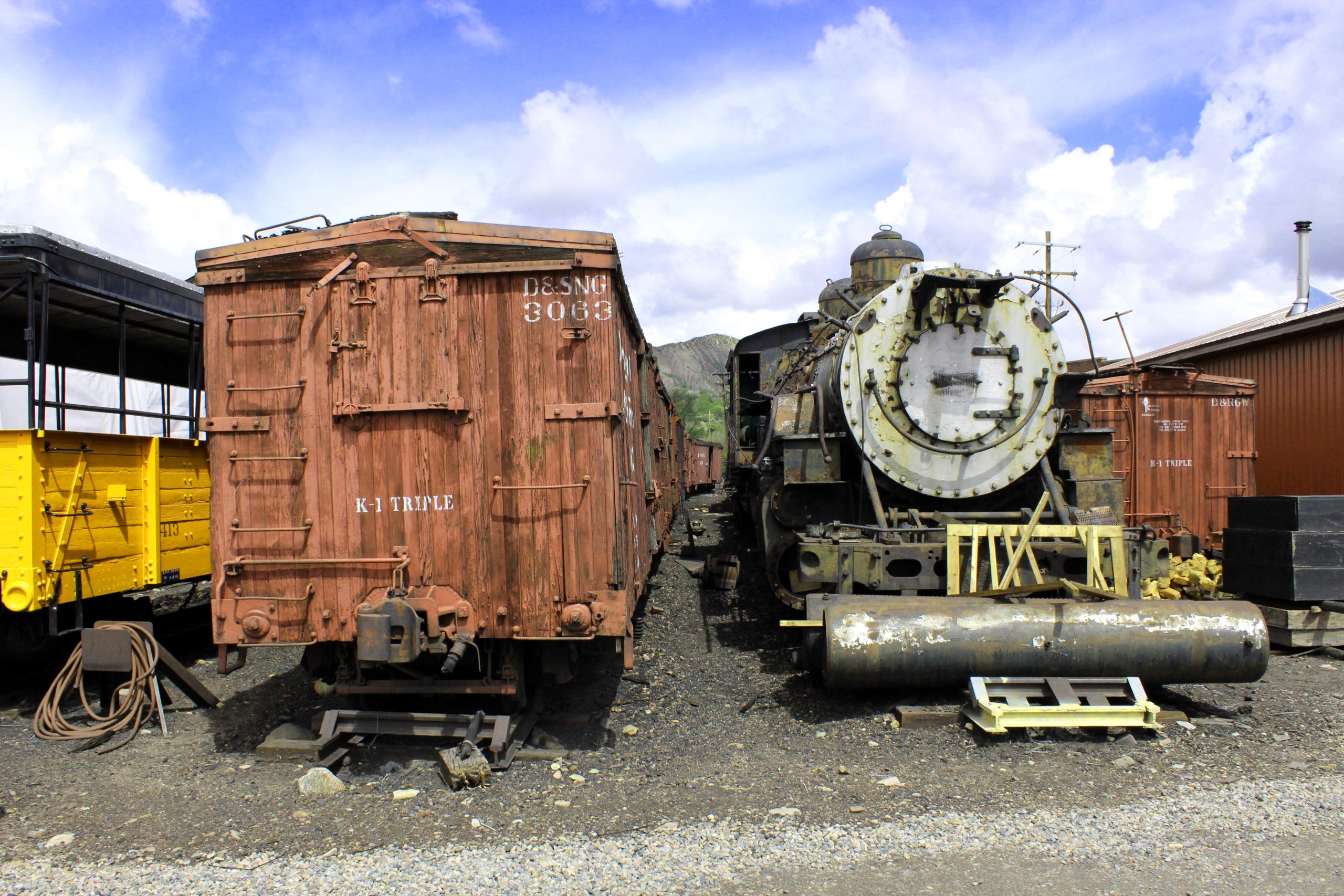The more ambitious among us (and we use the term “us” in the very loosest sense) used the COVID-19 quarantine to pick up new skills or start hobbies and projects. One that caught on was making of “quaranzines,” little magazines about life during the pandemic.
Any one can make them — NPR even put together a how-to guide — but naturally, if you’re, say, a comic artists, yours is going to end up better than everyone else’s. And if you group up with a bunch of other artists to make an anthology, you’re going to end up with a cool artifact of the pandemic.
This is exactly what’s been going on on the other side of the state line. (No … the *other* state line).
A couple years ago, D. Bradford Gambles and Spencer Holt formed the “Utah Indie Comic Creators” Facebook group to bring together artists who do comics, mostly in the Salt Lake and Utah Valley area, Gambles said. When the virus put an end to the group’s weekly draw night and canceled the area’s small press festivals, they came up with their own “Quaranzine” as a project for everyone to work on instead. The end product debuted last month.
[image:2]“It’s a comic anthology wherein each creator was asked to create a one to four page comic that is, like, whatever they think of as coming from the word ‘quarantine.’ Some of them were more like auto bio, and like more serious in nature or tone. Some of them were just completely made up and or humorous. They ran the gamut,” he said.
All said, the compilation contains the work of 14 artists. Gambles’ contribution follows a couple that is forced to quarantine within a haunted house, while his creative partner Holt’s segment documents a post-apocalyptic trip to the nearest gas station for supplies. Our personal favorite, though, is Angie Sandberg’s simple guide, “What is your mask saying?”
The completed 44-page, 5.5 inch by 8.5 inch black and white comic is available at gumroad.com/utahquaranzine, starting at $1 for the digital version and $5 for the physical one, though people purchasing them can donate as much as they wish beyond that. All of the profits go to the Utah Tribal COVID-19 Relief Fund, which benefits the state’s indigenous communities hit hard by the epidemic.
For obvious reasons, Gambles said that he hopes there is never a need to release a second volume.
Nick Gonzales













